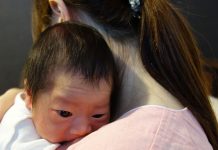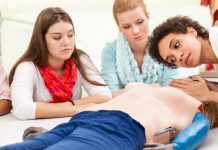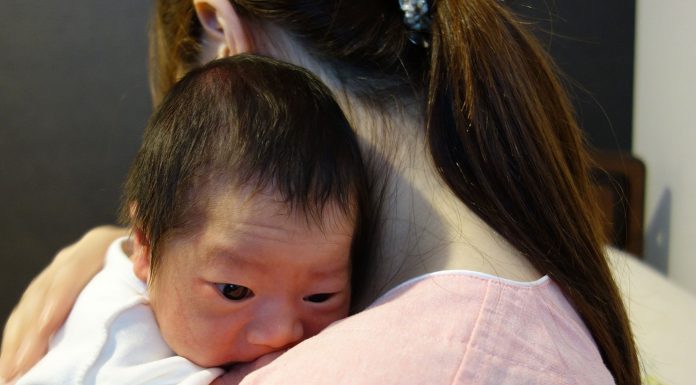The country’s smallest DHB is the quickest to join the #endPJparalysis movement – which aims to get medical patients up and mobile to reduce the risk of deconditioning and loss of independence.
That’s no coincidence believes West Coast District Health Board director of nursing Karyn Bousfield, as being small means the West Coast can get on and do things that fit with the Coast’s philosophy.
And #endPJparalysis “absolutely fitted” with the DHB’s overarching restorative model of care, because putting people into pyjamas turns them into a patient and limits their mobility, which can result in things being done for them that many can still do for themselves.
“For an older person, that does them a real disservice because people get muscle wastage and are not following a restorative model of care where they are encouraged to remain as independent as possible,” says Bousfield.
For Rose Kennedy #endPJparalysis was a “lightbulb” moment. The clinical nurse manager of Grey Base Hospital’s medical and rehabilitation services had long seen the potential for bringing some of the ERAS principles – like getting surgical patients mobilised and dressed as soon as possible after surgery – into the care of her medical ward patients. “Its great to have the #endPJparalysis view as we really haven’t had anything like this as a framework for medical wards.”
“And there’s a lot more dignity in getting dressed during the day then having one of those lovely hospital gowns,” adds Bousfield.
Reality on the ward
Getting patients up and dressed hasn’t added to the nursing workload, but it has reshaped the start of the ward’s working day, says Kennedy.
The new shift starts the day at 6.45am and now after patient handover the nurse assesses which patients are appropriate for #endPJparalysis and which are not.
Those who can are helped to be up and dressed for breakfast and the medication round follows in due course (the ward routine has built in a two-hour window for completing medications). “Whereas prior to that nurses were diving into the medication room and those things overtook the patient care. So we’ve had a reversal of daily routine.”
Kennedy says patients who can get up and about feel a lot better and are mobilising around the ward interacting with staff and their families. She says about a quarter of its medical ward patients are taking part in #endPJparalysis each day, with families on board and willing to bring in clothes.
Bousfield says #endPJparalysis is just part and parcel of a big programme of change the DHB is going through in readiness for the new Grey Base Hospital due in just over a year.






















